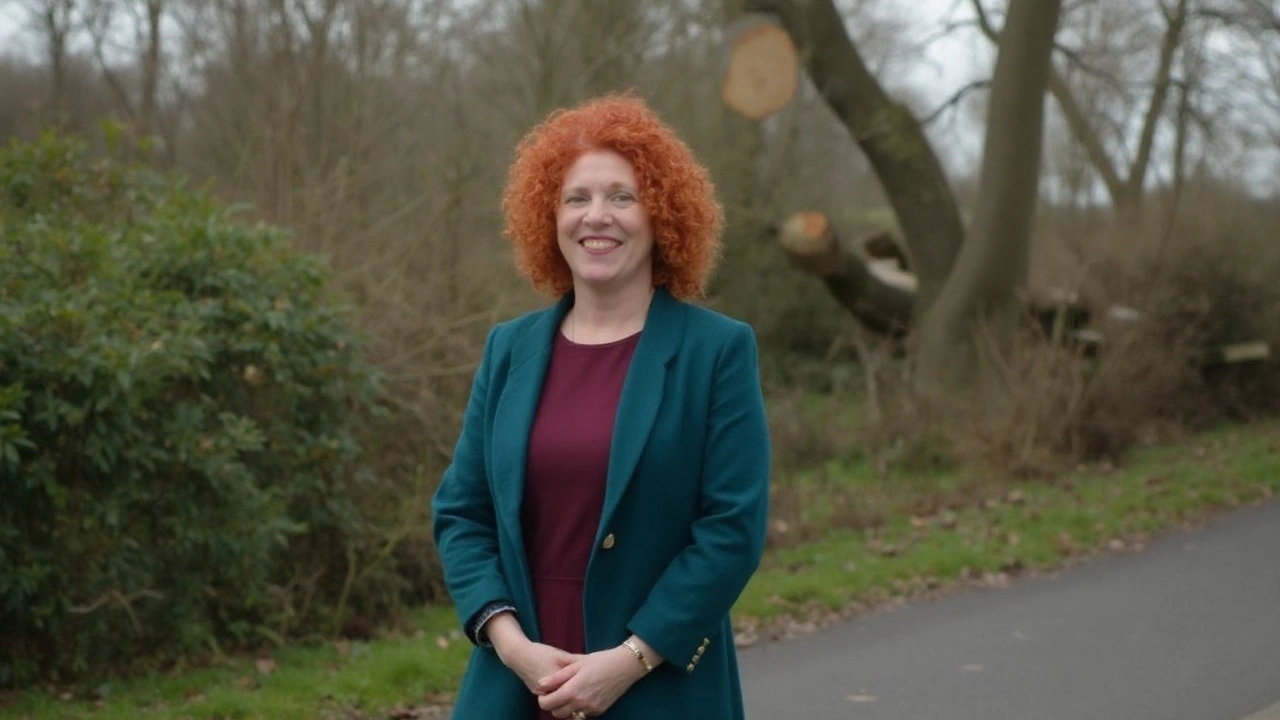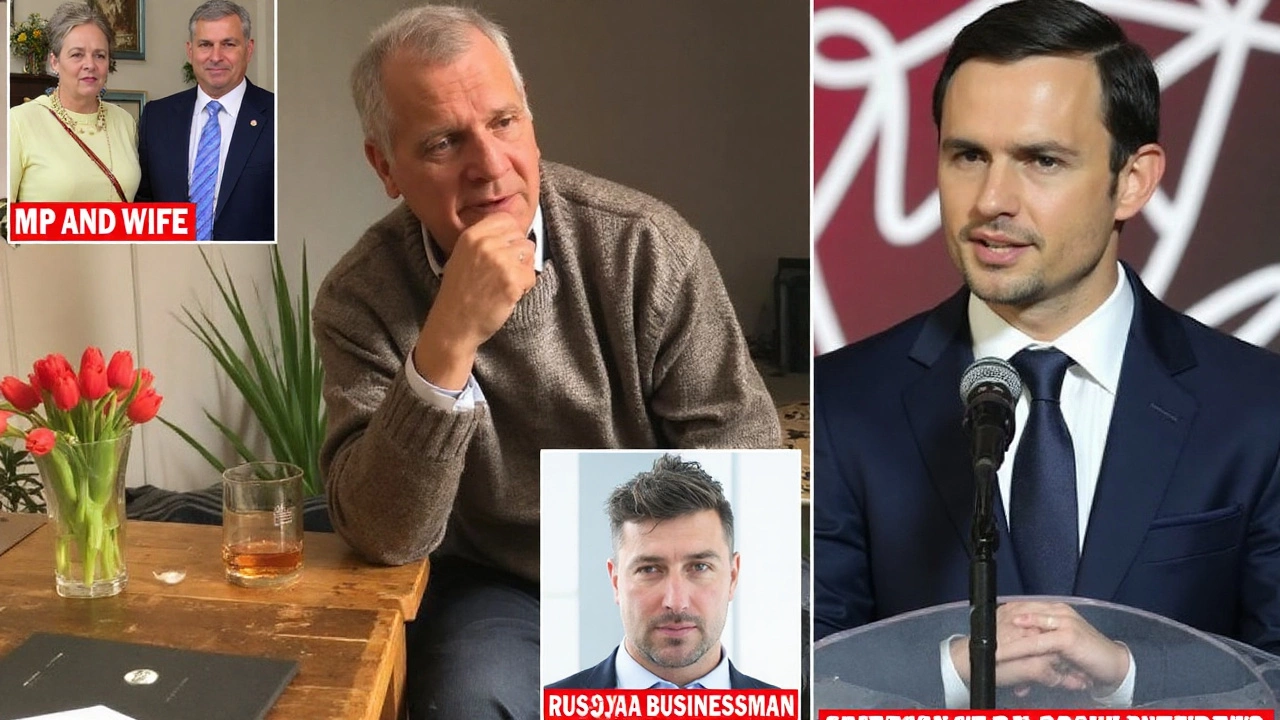
A bruising test for Sunak’s Conservatives
A seat that looked safe in 2019 is suddenly a fight. The Conservatives have picked local councillor Faye Purbrick to defend Somerton and Frome in a by-election set for 20 July, after MP David Warburton quit Parliament following a long investigation into allegations of sexual harassment and cocaine use. Warburton admitted taking cocaine after drinking what he called “tons of incredibly potent” Japanese whisky, but denied the harassment claim. He had been suspended from the party in April 2022 while the Independent Complaints and Grievance Scheme looked into the case.
The timing could not be tougher for the government. The vote lands on the same day as two other high-stakes contests: Uxbridge and South Ruislip, triggered by Boris Johnson’s resignation, and Selby and Ainsty, after the exit of Johnson ally Nigel Adams. Nadine Dorries has also said she plans to go, though her resignation has yet to be formalized. Put together, the trio of ballots will be read as a midterm verdict on the Prime Minister’s performance.
Purbrick serves on Yeovil Town Council and Somerset County Council, and the party is leaning hard on her local credentials. Conservative chairman Greg Hands welcomed her selection, saying he was confident “she will be a great voice for Somerton & Frome locally & in the Commons.” The pitch is clear: reset the narrative after Warburton, keep the focus on local services, and persuade traditional Tory voters to stick with the party despite a bruising year nationally.
There is a lot to defend. In 2019, Warburton won 55.8% of the vote, beating the Liberal Democrats on 26.2%—a 19,213-vote cushion and a 29.6-point lead. On paper, that made Somerton and Frome look solidly Conservative. But by-elections often ignore “on paper.” Midterm contests tend to be volatile, turnout is usually lower, and voters sometimes use them to send a message to the government of the day. To flip the seat, an opposition challenger would need a swing of roughly 15 percentage points—steep, but not unheard of in the current climate.
The national backdrop is heavy. The government is battling inflation, higher mortgage costs, and stubborn NHS backlogs. Rishi Sunak has set out five headline pledges—halve inflation, grow the economy, reduce debt, cut waiting lists, and stop small-boat crossings—but the public tends to judge progress one bill and one hospital visit at a time. Recent by-elections have shown how quickly a “safe” seat can wobble when voters want change. The Liberal Democrats, in particular, have built a reputation for surprise wins in Conservative territory in the past two years, especially in rural and semi-rural areas.
That’s why this fight matters beyond Somerset. The south-west was once a stronghold for the Lib Dems before the 2015 wipeout. Since then, the Conservatives have dominated much of the region. If voters in Somerton and Frome swing away now, it will encourage opposition parties across similar seats. If they don’t, it signals the Tory base is still holding, even after a damaging scandal and a choppy economy.

Local issues and what to watch
Somerton and Frome is a spread-out, rural constituency where people care about practical things that shape daily life: getting a GP appointment, whether there’s a dentist taking new patients, reliable buses, road maintenance, and the squeeze from rising rents and mortgages. Farming and small businesses anchor the local economy. River quality and sewage spills have become hot-button concerns in the wider region, and they often come up on doorsteps alongside questions about police visibility and school places.
Purbrick’s appeal is straightforward: she is a known local figure with experience on both the town and county councils. She will likely center her campaign on fixing what’s close to home—healthcare access, transport, and support for local employers—while arguing that it’s better to have an MP inside the government’s tent when budgets are set. The party will also hope that voters punish Warburton personally, not the badge on the ballot.
Opposition parties will push the opposite story: that this is a chance to send a signal to Westminster. Expect calls for cleaner rivers, help with energy bills and mortgages, and faster access to NHS care. They will also try to rally tactical voters—people who might normally back a different party but are willing to switch to the best-placed challenger to unseat the Conservatives in a one-off contest. In recent by-elections, that tactic has been decisive.
Turnout is the big wild card. Summer contests can be sleepy, with voters away or disengaged, and a few thousand postal votes can decide it. Lower turnout tends to magnify ground campaigns—how many volunteers you have, how many doors you knock, and whether your supporters actually show up. The Conservatives will count on long-time loyalists who’ve voted Tory for years. Their rivals will try to turn dissatisfaction into action, especially among people who haven’t voted in a while.
There’s also the question of momentum. A win here would hand Rishi Sunak a badly needed boost on a night when two other by-elections could cause headaches. A loss would underline the scale of the challenge ahead of the next general election. That’s why parties are treating this like a dress rehearsal—testing messages on the economy, the NHS, and integrity in public life before the main event.
One more factor: by-elections rarely hinge on a single issue, but the fallout from the Warburton saga still lingers. Voters don’t soon forget a scandal, and it can color how they see a party’s brand, even when the new candidate has nothing to do with it. The Conservative campaign will try to draw a clean line under the past and put Purbrick forward as a fresh start.
Mechanically, the race is straightforward. Polling day is Thursday, 20 July. Ballot papers will list the full slate of candidates, from the main parties to smaller outfits and independents who often use by-elections to raise their profile. Counting usually runs overnight, with a result expected in the early hours of Friday. The headline number to watch is the swing—how far the vote share shifts from the Conservatives to the leading challenger compared with 2019. Anything approaching a 15-point swing puts the seat in play.
However it breaks, the Somerton and Frome by-election will tell us something useful. Are voters in a rural, previously comfortable Conservative seat still willing to give the government time, or are they ready to register discontent now and worry about the general election later? That’s the story parties on all sides are trying to write in the last days of the campaign.